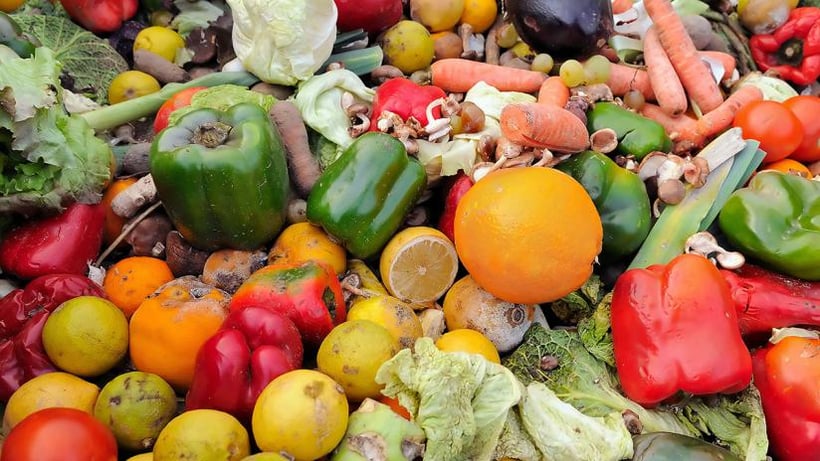
The annual Food and Farming Report by Rabobank has revealed that as a country, Australia’s annual food waste bill for 2021 has topped $10.3 billion, which is roughly 11 percent of the food purchased in each household. This waste amounts to enough to feed every household in Brisbane — or 1.1 million households — for a whole year.
Spending on food has increased as well, with the average weekly grocery bill $20 higher than last year, meaning we now spend $178 every week on food alone. Across the board, fruits and vegetables as well as bread and pastries were wasted more than any other kind of food.
The more money spent, the more wasted, according to the report; people who spent $300 per week on food ended up wasting about 17 percent of that food.
While younger people are conscious of how food waste negatively impacts the environment through climate change, they are also more likely to waste food themselves. Around the world, food waste produces 8 percent of greenhouse gas emissions. Gen Z are cognisant of this reality, but were also found most likely to waste food with a higher carbon footprint, such as meat and fish, compared with Baby Boomers.
They were also more likely to make use of food delivery services that gained popularity during the pandemic. According to a survey, almost 2 in 5 were ordering at least once a week. And having food delivered means more waste than cooking at home — almost 20 percent more food ends up in the bin when it’s delivered.
During the first year of the pandemic, explains Crawford Taylor, Rabobank Australia’s head of sustainable business development, “our food waste habits took a turn for the worse, and as many of us start to emerge from lengthy lockdowns, the results show these bad habits remain. In Australia, 7.6 million tonnes of food is wasted across the supply chain every year, and around half of that is wasted by consumers.
“However,” says Taylor, “individuals do have the power to take action and have a positive impact on the amount of food thrown out across the country, while also saving themselves hundreds of dollars and reducing the substantial impact food waste is having on the environment and carbon emissions.”
Preventing food waste makes good business sense
For businesses manufacturing, purchasing, delivering, preparing and serving large quantities of food every day, reducing food waste is extremely important for the bottom line and the environment. If you’re running a business, be sure to:
- Only order what you need: Purchase from reputable suppliers, and confirm quantities beforehand. This will prevent good food from ending up in the bin. It’s not always easy to predict what you’ll need, so have a plan for leftover food. For example, if you’ve ordered chickens for a certain dish, you can use the leftover chicken bones to make stock and serve a chicken soup the next day.
- Practice FIFO: Store older items at the front of the fridge, to ensure ingredients with an earlier “use by” date are prepared and served first. This is referred to as “First In, First Out” or FIFO, and it goes a long way in reducing waste.
- Cut down on single-use items: When possible, utilise reusable non-food items like cloth napkins instead of paper, or silverware rather than plastic forks and knives. Serve butter in real dishes instead of individual plastic packets. Small changes add up over time.
- Recycle: It may be easier to throw empty containers away, but it’s also highly detrimental to the environment. Separate recyclable items and ensure they’re put in the right place, so they don’t end up in a landfill.
- Ask your staff for ideas: Your staff are a valuable resource — ask them for their ideas on how to reduce waste. They’re already used to how your establishment is run, so they may have observed ways in which your organisation can cut costs and avoid wastage.
Wasting less means saving more money, which is good for the bottom line. Learn more about how your food business can reduce food waste during day-to-day operations. By working together and making a few small changes, food businesses can drive major change in how much food gets wasted across the country.




